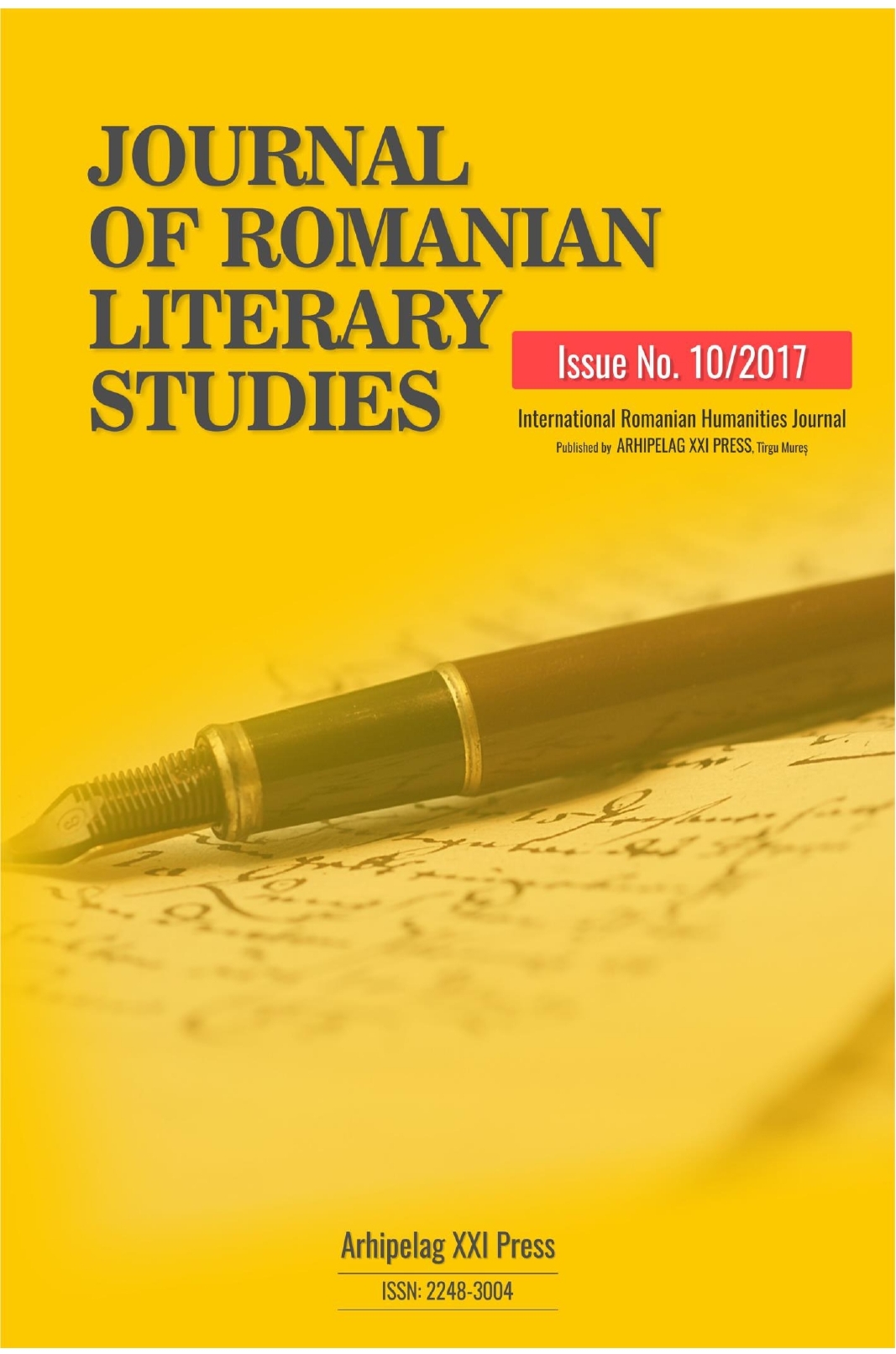THE IMPOSED CRISIS OF MODERNITY AND THE ”REBELLION” OF POSTMODERNISM
THE IMPOSED CRISIS OF MODERNITY AND THE ”REBELLION” OF POSTMODERNISM
Author(s): Gabriela Anamaria GâleaSubject(s): Studies of Literature, History of Communism, Theory of Literature
Published by: Editura Arhipelag XXI
Keywords: imposed crisis; the communist period; postmodernity; mythical constellations; revolt;
Summary/Abstract: Literature cannot be understood without a constant reference to the socio-political context which generated it. Whether we are talking about a reception of the literary work right from the moment of its appearance, or the demarche is a historical one, acknowledging the environment in which the writer becomes along with the defining features of the age, has constituted overtime criteria based on the establishment of some dividing lines. Despite that, the communist period represents a special moment, meaning that the terror mechanisms, the censorship and the need for legitimation of power use literature as a space of "founding" the new social and political order. The identification of the myths and mythical constellations—The Golden Age, The Figure of The Saviour, The Evil Conspiracy, The Besieged Fortress—which represent the communist era, makes possible the discovery of a specific literature, be it subjugated or tolerated. The report between reality and fiction disappears, thus the literary work often loses the aesthetical dimension, hence becoming an establishing "document" of the new order. We are therefore witnessing an "imposed crisis" of the Romanian literature's modernity. As a typical process in the Occident, this is defined by the transformation of the ego, the death of the divinity, the relationship with The Other and the language crisis. The crisis of the identity appears here in the context of the "new man"’s arrival, meanwhile the relationship with the deity is generated by the party politics, as well. The Other is "The Stranger" or the ancestor from a rewritten and fictionalised history, necessary for the creation of the identity assumed by the communists ”towards whom the man can only relate according to the official opinion. Concerning the language, the crisis manifests itself in its own uniformity and the transformation into the wooden language. In this context, postmodernity arises in a world deprived of postmodernity as a revolt against mystification and becomes a way of survival, a manifestation of the truth's poetry and disclosure in a fictional text which opposes against the fictionalisation, born and conserved by the party documents or historical writings.
Journal: Journal of Romanian Literary Studies
- Issue Year: 2017
- Issue No: 10
- Page Range: 428-436
- Page Count: 9
- Language: Romanian

